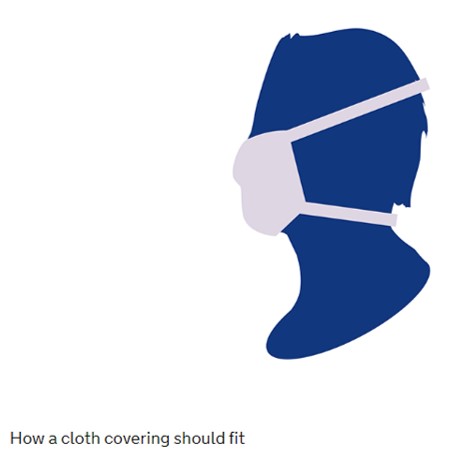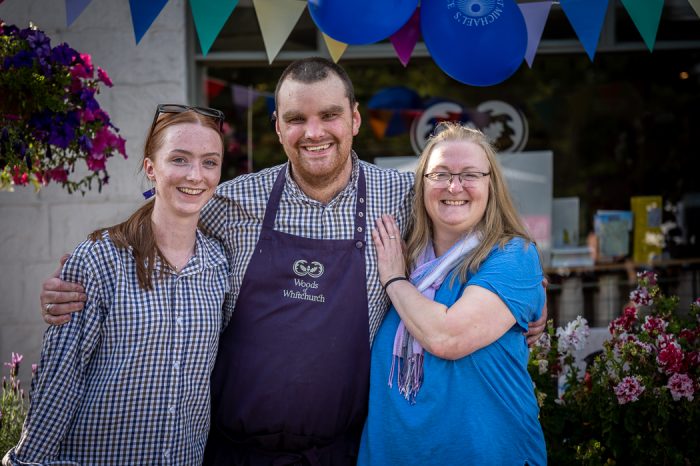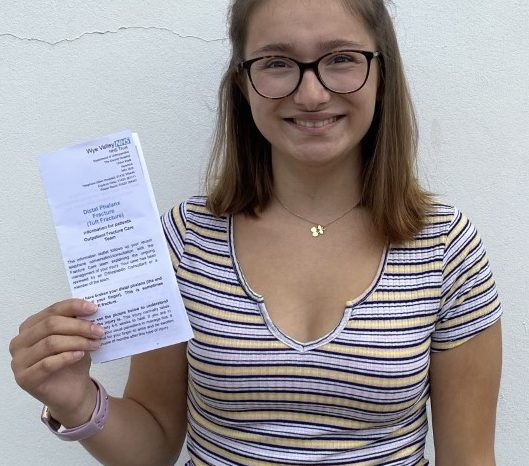Face masks – the new rules and how to make one

Dr Simon Lennane, Primary Care Network Clinical Director, has put together the following advice regarding face masks:
New rules from central government, in line with advice from the World Health Organisation, have made the use of face masks, or face coverings, mandatory on public transport in England as of Monday 15th June. Anyone without a covering will be asked to wear one by police or transport staff and those who refuse to wear one may be fined £100. Not only should we be wearing them on public transport however – it is strongly advised we use them whilst shopping or in any other setting where you may be in close contact with other member of the public or different households.
The idea of covering the mouth and nose is to reduce onward transmission of the potentially deadly coronavirus. The virus is spread via droplets from the lungs of an infected person, produced not only by breathing but by coughing and sneezing.
The Covid-19 outbreak has been extremely difficult to contain because people can produce the virus a few days before they feel unwell, which means it can be transmitted unwittingly. People can also be carriers of the virus without showing any symptoms at all, and they can therefore unknowingly transmit the virus on to those more vulnerable.
Social distancing is highly effective, as droplets from coughing or sneezing remain mostly within 2 metres of a person. By using a covering over the face, this reduces the spread of droplets and therefore protects other people around you.
Face coverings of non-medical grade have not been shown to protect the person wearing them – however, if everyone covers their faces when near people from other households, everyone benefits from protection. Along with hand washing and social distancing, we can defeat this virus and resume normal life while staying safe.
The government has urged the general public not to use medical masks which should be kept for clinical settings. If you don’t currently have your own face masks, they are fairly easy to make using most fabrics, preferably cotton, for example an old t-shirt, and a sewing needle & thread. One of the most useful patterns can be found online on the government website: www.gov.uk/government/publications/how-to-wear-and-make-a-cloth-face-covering/how-to-wear-and-make-a-cloth-face-covering. Another easy pattern can be found here: https://stitchedup.coop/wp-content/uploads/2020/03/Stitched-Up-Face-Mask-Pattern.pdf
The most important thing to remember is how to use your face mask – they are completely useless in the fight against Covid-19 if they do not cover both your nose and mouth so do make sure you fit them correctly. You must wash your hands thoroughly before putting them on and ensure there are no gaps between the bridge of your nose and where it fits under your chin. Face coverings should not be used by children under the age of 3 or those who may find it difficult to manage them correctly – for example, primary age children unassisted, or those with respiratory conditions.
Ross-on-line additional comment: there are a number of businesses in and around Ross that are selling quality face masks if you are unable to make them.








